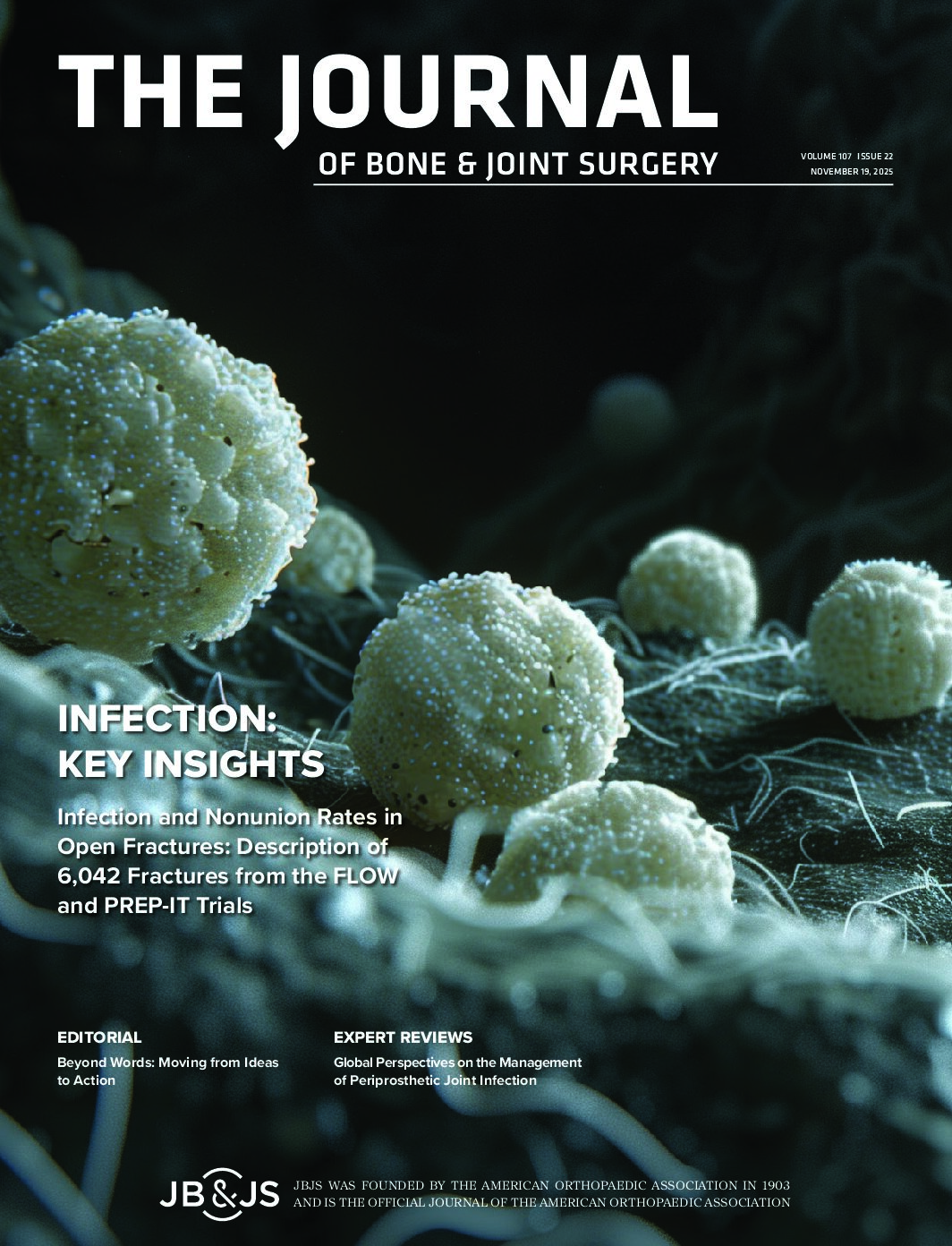 The JBJS fast-track articles about COVID-19 have so far addressed clinical and education/training challenges, but the latest one, by Anoushiravani et al., examines macro- and microeconomic issues.
The JBJS fast-track articles about COVID-19 have so far addressed clinical and education/training challenges, but the latest one, by Anoushiravani et al., examines macro- and microeconomic issues.
The cessation of elective surgery has stressed the financial viability of many healthcare organizations, large and small. The US healthcare system relies disproportionately on elective surgical procedures as a revenue source, with those revenues often used to indirectly subsidize the care of other patients. Private orthopaedic practices spend >$33,000 per month per surgeon to maintain overhead for their offices and are consequently also reliant on elective procedures. Nationally, a substantial contraction within the healthcare sector will greatly contribute to growing unemployment and recession in the overall economy.
The $2 trillion Coronavirus Aid, Relief, and Economic Security (CARES) Act designates $100 billion to hospitals and hospital systems to help defray expenses relating to constructing temporary structures and obtaining medical supplies during the pandemic. The CARES Act also designates $350 billion in new loans to small businesses, which include private orthopaedic practices. The program most applicable to those practices is the Paycheck Protection Program (PPP), which provides a maximum of $10 million or 2.5 times the business’s average monthly payroll in 2019. Unfortunately, given the high capital expenditure inherent in orthopaedic practices, the PPP may not be sufficient for the largest groups.
During times of hardship, healthcare professionals, regardless of their training, tend to come together and do what is best for their patients, families, and colleagues. For example, the Rothman Institute in Philadelphia is currently retaining employees by temporarily not paying its surgeons.
Anoushiravani et al. recommend a continued reduction in all nonessential procedures as we move through the most critical pandemic period. In addition, they urge all private orthopaedic practices to study the PPP guidelines to determine how this program can best apply to their group.
To help prevent a second outbreak after the peak in COVID-19 cases recedes, the authors call for the following 2 measures:
- Availability of accurate, timely testing for all who are involved in surgical care, especially reliable antibody tests demonstrating immunity
- National guidelines for returning to normal elective surgical schedules



Are antibody tests reliable in demonstrating immunity? What about cellular immunity; do we need a sort of tuberculin skin test? Any perspective?
Great blog post